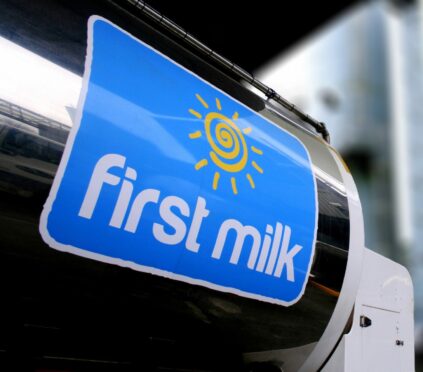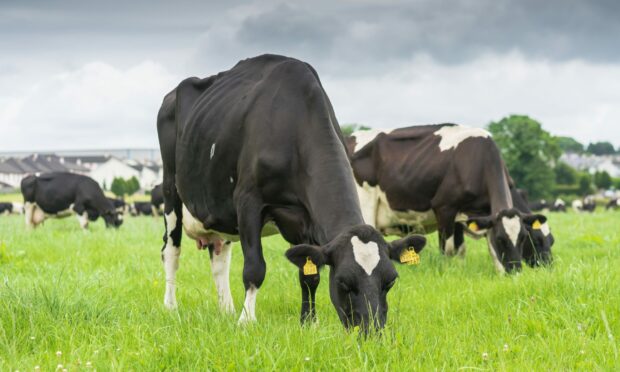Almost all dairy farmers supplying Glasgow headquartered farmers’ co-operative, First Milk, have pledged to adopt regenerative agricultural practices.
First Milk said more than 90% of its membership has signed up to its regenerative farming programme, which focuses on five key areas – livestock integration, minimising soil disturbance, protecting soil surface, encouraging plant diversity, and maintaining living roots.
The co-op said each dairy farmer member who has signed up to the programme has submitted a regenerative plan for their farm, and the planned work covers more than 190,000 acres of land across the UK.
“The support for our regenerative farming programme has been amazing, with most members attending our practical workshops and more than 90% of all members making individual field-level commitments,” said First Milk’s sustainability director, Mark Brooking.
“Together, our members are implementing regenerative practices on a land area greater than the equivalent of Glasgow, Manchester, Cardiff and Bristol combined.”
Data from the regenerative farming plans shows that 82% of First Milk members’ land will be grazed by livestock during 2022 for an average of seven months, with 60% of all grazing areas being used for rotationally grazing for an average of 23 days grazed and 20 days rest.
The plans also show that only 7% of members’ land – equating to just under 14,000 acres of land – will be ploughed this year, and First Milk farmer members have put plans in place to encourage plant diversity across more than 135,000 acres of land.
Mr Brooking said the regenerative farming programme, along with First Milk’s soil carbon analysis programme announced last year, mean the co-op is well placed to achieve its target of sequestering an additional 100,000 tonnes of carbon in soils each year by 2025.
“This is a fantastic start, and we look forward to supporting and encouraging members further as we continue our regenerative journey together to show dairy farmers can be part of the climate solution,” added Mr Brooking.
Last year First Milk announced plans to reach net-zero by 2040 at the latest, and to increase milk from forage by 10% and reduce antibiotic use by 10% by 2025.
At the time, the co-op said it hoped to reduce the carbon footprint on each of its suppliers’ farms by 50% by 2030 and achieve net-zero in milk transport and processing by 2035, with the aim of all its transport and processing activity using renewable fuel sources by 2030.


Conversation